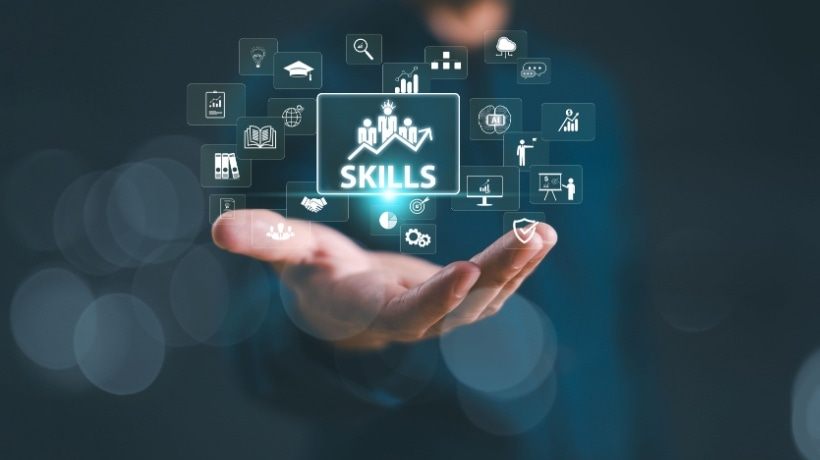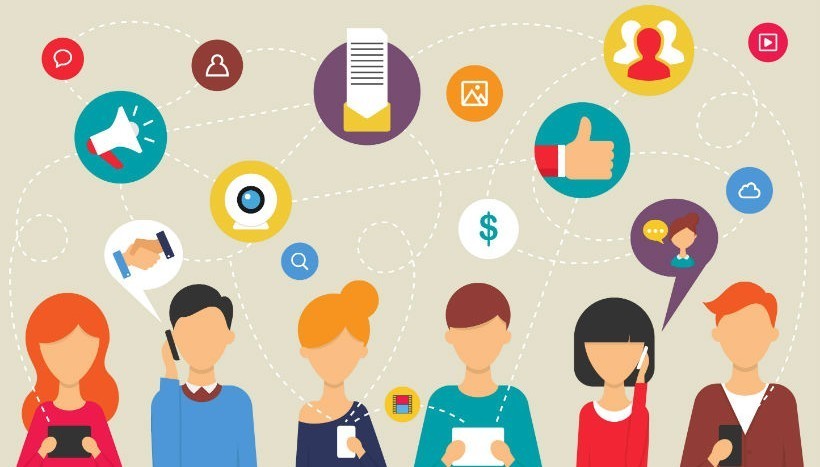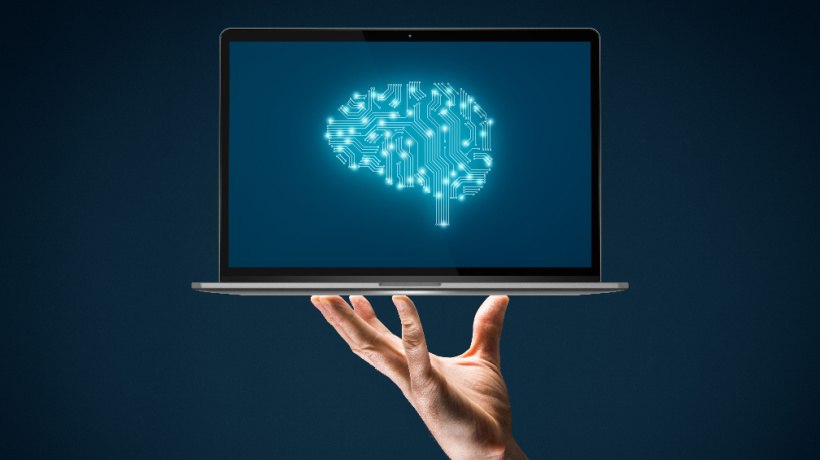AI Is Transforming How Tech Companies Scale
In today's fast-paced tech industry, where algorithms evolve faster than human habits, there's an often-overlooked truth: it's not always the most technically proficient individuals who thrive—it's those who communicate with empathy, navigate ambiguity, and collaborate across cultures. Soft skills development is no longer "nice to have," they're mission-critical. And yet, soft skills have historically been the hardest to train at scale. Until now.
Welcome to the new frontier of soft skills development with AI—where large tech companies are pioneering the use of Artificial Intelligence (AI) to deliver contextual, personalized, scalable learning experiences. As someone who's led learning and performance programs across APAC and EMEA for companies like Meta and Google, I've seen firsthand how AI is not just reshaping technical training but redefining human learning itself.
Why Soft Skills Matter More Than Ever In Tech
In the AI age, human intelligence becomes the differentiator. In customer-facing roles, engineers, analysts, and support agents alike must demonstrate:
- Active listening.
- Clear, structured communication.
- Conflict de-escalation.
- Emotional intelligence across cultures.
- Executive presence, even in async written channels.
Hybrid and remote work further elevate the need for communication nuance, collaboration, and cross-functional empathy. Yet, traditional workshops or off-the-shelf eLearning modules are no match for the contextual, high-stakes, real-time nature of modern tech roles.
The Soft Skills Training Paradox
L&D leaders in tech face a paradox: soft skills are essential for business success, but notoriously difficult to teach and even harder to measure. Traditional training models suffer from:
- Low engagement ("death by slide deck")
- Generic content lacking contextual relevance.
- Lack of feedback loops.
- Delayed reinforcement with no real-time correction.
- No link to business metrics (CSAT, resolution rate, retention)
That's where AI-powered learning tools are stepping in, not as replacements for human interaction, but as augmenters of scalable, personalized practice.
How AI Is Revolutionizing Soft Skills Development
Let's break down the four major ways AI is transforming soft skills L&D in large tech firms:
1. Simulated Practice At Scale
Platforms with automated communication role-plays enable scenario-based role-plays—powered by generative AI—that mimic real workplace conversations. Think:
- A frustrated customer on a call.
- A stakeholder pushback in a cross-functional project.
- An escalation during a live chat.
Learners practice until proficient, with instant AI-driven feedback on tone, clarity, empathy, and structure.
2. Adaptive Learning Journeys
AI doesn't just simulate—it learns from learners. Adaptive learning platforms dynamically tailor content based on learner confidence, behavior, and performance gaps. This means:
- Struggling with assertiveness? More reps, real-time nudges.
- A natural at empathy? Fast-track to conflict resolution scenarios.
The result? Personalized soft skill acceleration, replacing one-size-fits-all with "just-right" learning paths.
3. Real-Time Sentiment And Language Analysis
AI can analyze not just what was said—but how it was said. Voice modulation, filler words, passive tone, cultural nuance—all are captured via Natural Language Processing (NLP) and voice recognition models. Some platforms even benchmark learners against top-performing agents or presenters, creating powerful peer modeling loops.
4. Integrated Feedback Into Performance Metrics
No more fuzzy "training satisfaction" surveys. AI-powered tools can now link learner behavior to actual outcomes:
- Did improved tone reduce case escalations?
- Did stronger clarity improve product adoption conversations?
- Did better stakeholder handling speed up project alignment?
In my programs, we integrated simulation tools directly into onboarding KPIs and post-training dashboards—shifting soft skills from intangibles to trackable impact drivers.
Challenges To Watch
Of course, AI-based soft skills development isn't a silver bullet. Key considerations include:
- Bias in feedback models (ensure DEI in training data)
- Psychological safety (opt-in practice, anonymized feedback)
- Trainer augmentation not replacement (AI supports, doesn't supplant)
- Over-coaching risk (human nuance still matters)
Ethical L&D design is paramount.
The Human-AI Partnership In Learning
Ultimately, the power of AI in soft skills development lies not in replacing coaches or facilitators—but in giving learners endless practice opportunities, contextual feedback, and data-informed paths to mastery. Think of it like a flight simulator for emotional intelligence. We're entering an era where your next team lead, support agent, or product manager may have practiced hundreds of conflict scenarios—without real-world risk—before they ever step into the role.
Final Thought: From Competence To Confidence
In the world of tech, we often over-index on hard skills. But what separates great from good, retention from churn, and innovation from inertia isn't coding ability. It's conversation ability. And for the first time, AI gives us the tools to teach that at scale, with precision, and compassion. The future of soft skills is not soft. It's smart, structured, and supported by AI.









